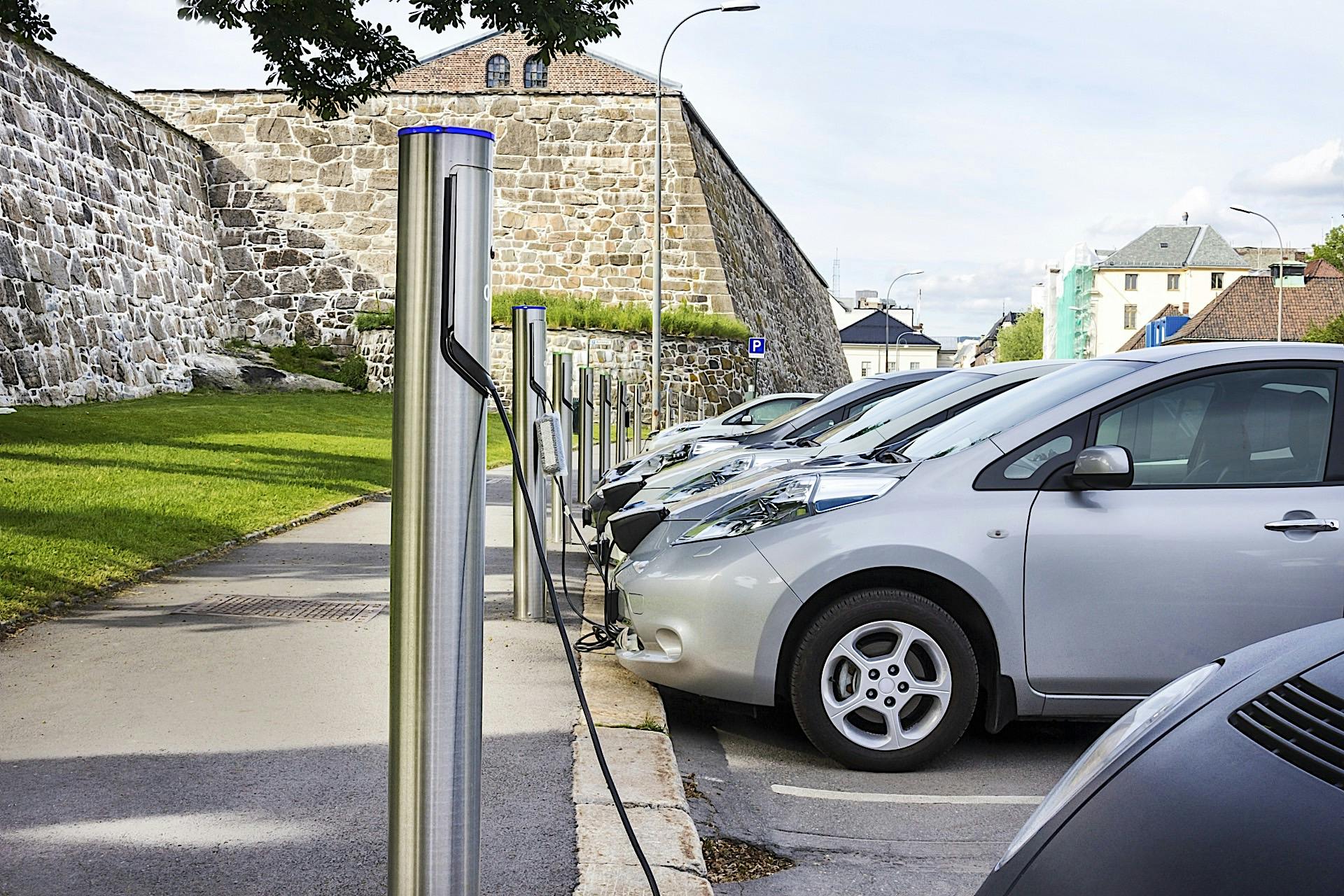J.D. Power has released its inaugural Electric Vehicle Ownership Experience (EVX) Study and it has shown that early EV adopters are likely to go buy another one. Using a 1,000-point scale, the EVX study measure’s owner’s satisfaction in seven categories: accuracy of stated battery range, public charging station availability, battery range, ownership costs, vehicle quality, reliability, ease of charging at home and driving enjoyment. The study found that 82 percent of early EV adopters would buy another but ownership satisfaction was key to consumers staying loyal to a single brand.
Brent Gruber, senior director of global automotive at J.D. Power, noted brand loyalty “can be fickle” among EV owners. “While early adopters of EVs say they’ll remain loyal to EVs in general, staying with the same brand is not a sure thing. Auto manufacturers will have to keep EV owners and shoppers interested in their products beyond just the cost equation. With automakers expected to flood the market with EV launches during the next three years, to capture a share of the market they need to offer vehicles that evoke excitement and meet owners’ broader needs,” according to Gruber.
The 2021 study found that 95 percent of EV owners whose ownership satisfaction exceeded 900 points say they’ll buy another EV. Around 64 percent said they’ll buy the same brand. However, as satisfaction declines, the less likely consumers will be repeat buyers. Battery and driving range remain the key purchase factors for EVs in both the premium and mainstream segments, accounting for 20 percent of ownership satisfaction. “Even though most owners drive less than the stated range of their vehicle’s battery, they still want to know that the actual battery range is close to the stated battery range,” noted Gruber. “It’s still about peace of mind.”
Another key point of EV ownership satisfaction is the availability of public charging infrastructure. The EVX study also noted that owners of premium-branded EVs had higher levels of satisfaction mainly thanks to better charging station access. As a result, the scores of premium-branded EVs are 235 points higher than their mainstream counterparts due to the more accessible charging infrastructure. Regionally, the west coast has the highest satisfaction levels when it comes to the charging network. Tesla owners are more satisfied with their charging network, too, scoring 305 points higher than their counterparts.
Driving enjoyment ranked high among early EV adopters. They outweigh reliability and quality in the mainstream EV segment. In the premium segment, Tesla continues to be seen as a brand with lower quality but the high ownership satisfaction found in the EVX study suggests owners are willing to overlook that for cutting-edge technologies. Low operating costs are another key part of choosing an EV over a conventional internal combustion engine vehicle. Fewer parts to maintain and less frequent service requirements help cut overall running costs.
J.D. Power split the study between premium and mainstream segments. Tesla takes the top two spots on the premium segment with the Model S and Model 3 scoring 798 and 790 overall respectively. The average on the premium segment is 782. Tesla’s crossovers slot just below that number with the Model Y at 780 and the Model X at 758. In the mainstream segment, the Kia Niro EV scores highest at 782 points followed by the Chevrolet Bolt EV and Hyundai Kona Electric following at 745 and 742 respectively. The mainstream segment average is 730 points. The Nissan Leaf and Volkswagen e-Golf fall below the average mark at 712 and 696 points each.
To conduct the EVX study, J.D. Power collaborated with PlugShare, a leading app for EV drivers and a research firm. This looks at all the critical parts of the overall electrified vehicle ownership focusing primarily on battery-electric and plug-in hybrid vehicles. The inaugural study, which was conducted between October and November 2020, looked at 2015 to 2021 EVs and PHEVs from 9,632 owners.

